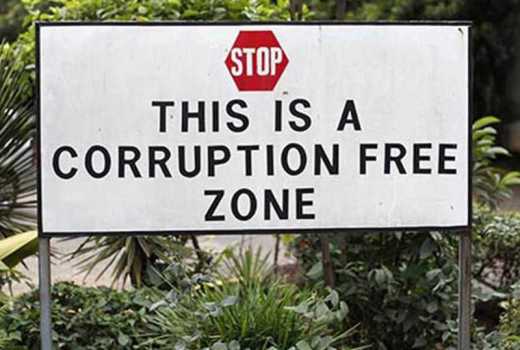×
The Standard e-Paper
Stay Informed, Even Offline

The Government has proposed a law to tighten the noose on corrupt contractors and their agents.
The legislation is also tailored to rein in Government entities that sign poorly negotiated contracts that end up costing the taxpayer billions of shillings.